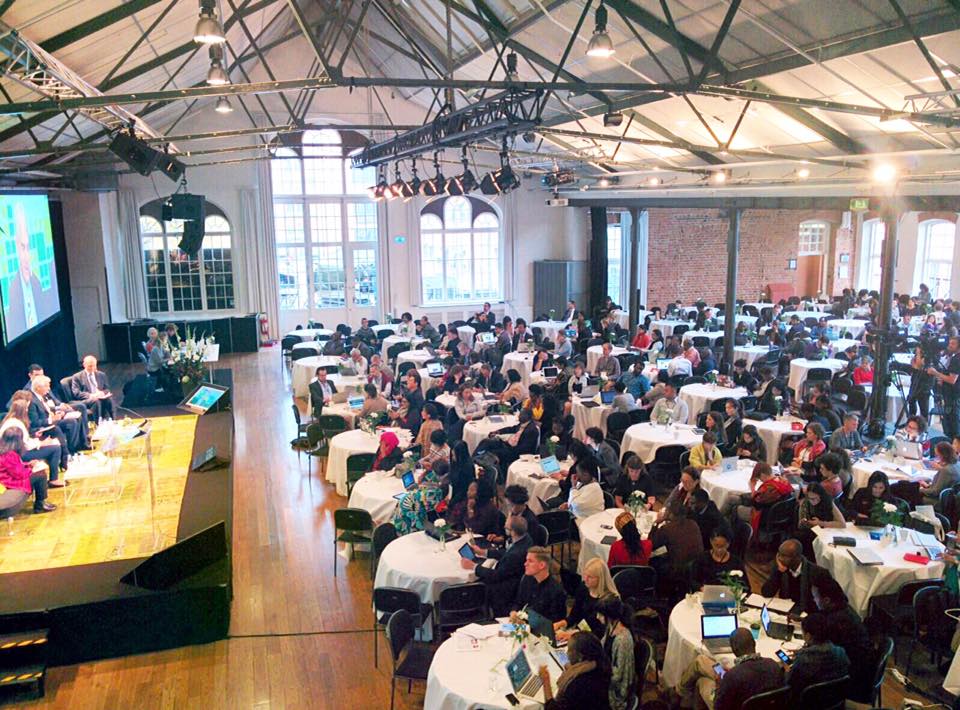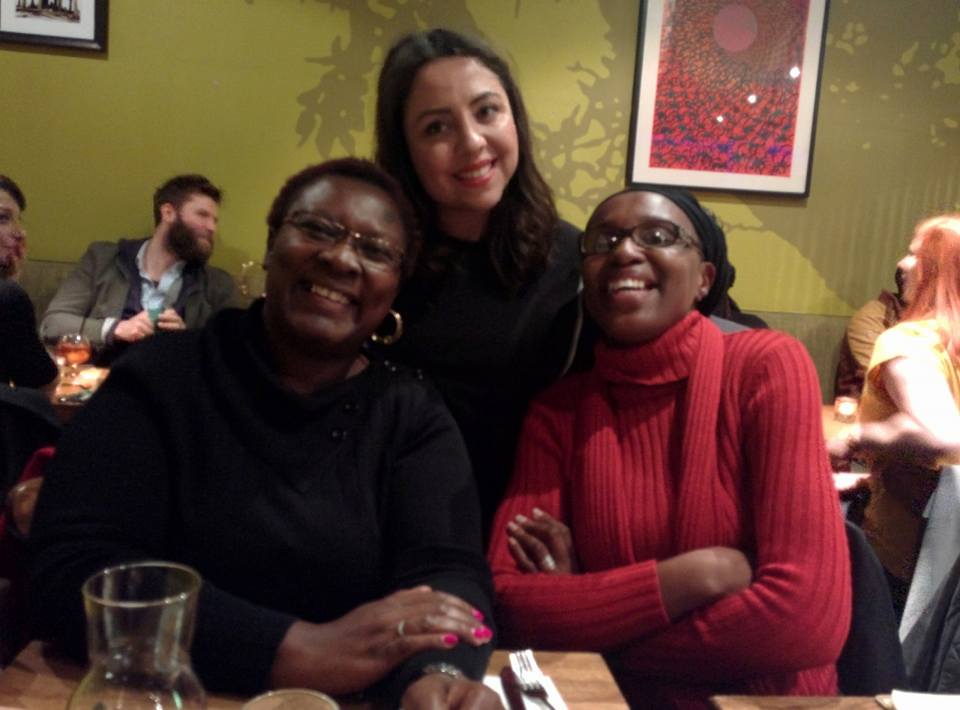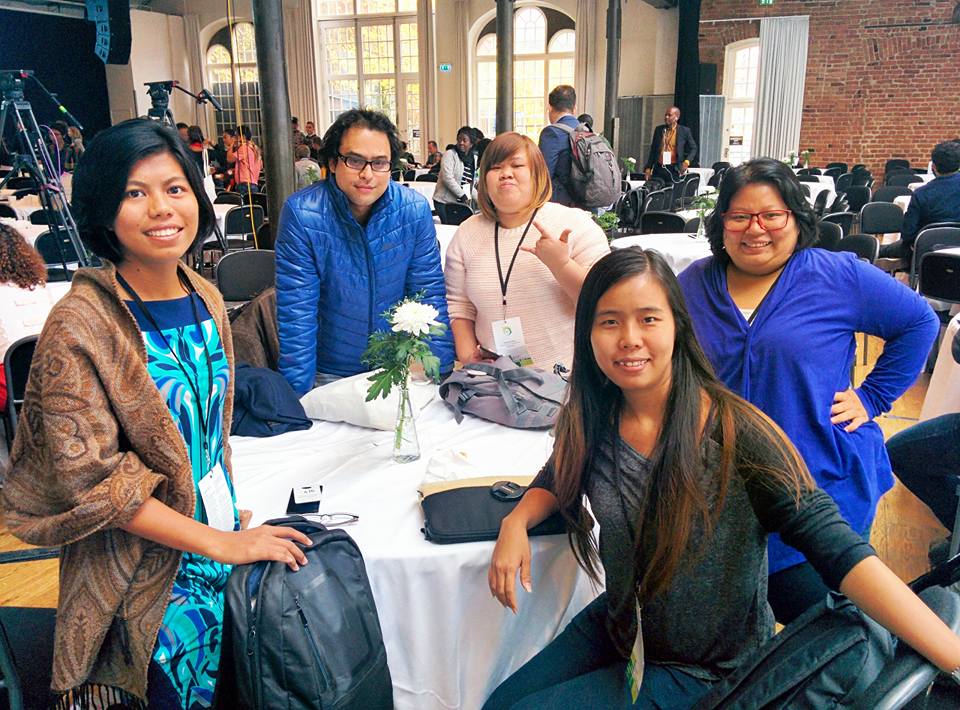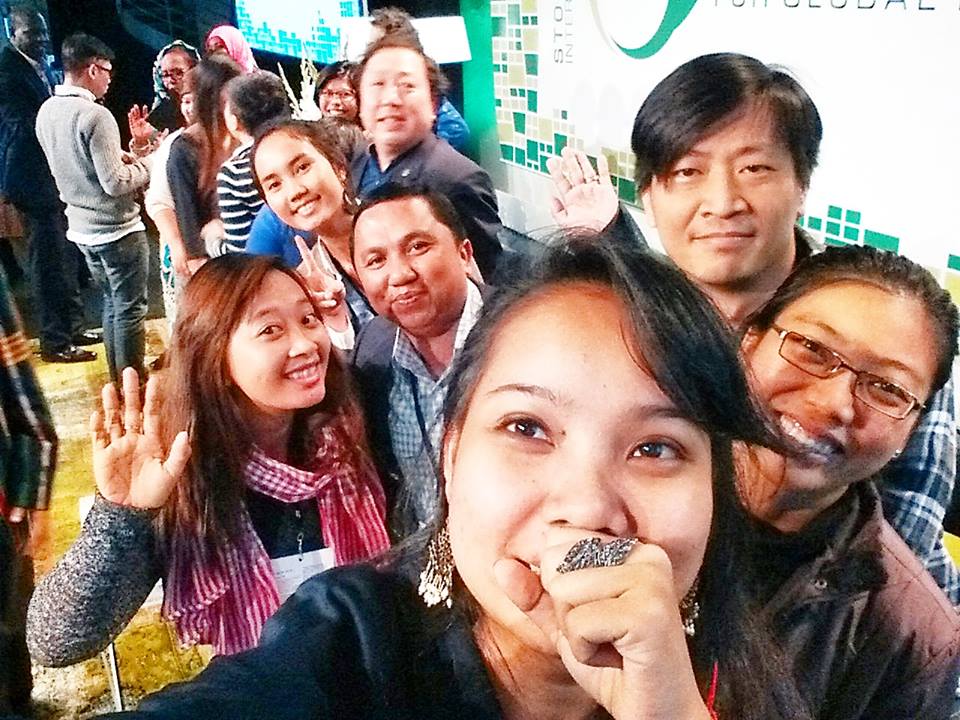A few Cambodian participants and I were invited to Stockholm Internet Forum in October 2015. It was my second time to participate in this annual Internet events after the 2013 one. The forum is not exactly a new event that addresses Internet and access issues, its legality, and rights-related challenges, yet it is one of the most informative ones that have kept the conversations about Internet Freedom engaged by multiple stakeholders going on. This year, SIDA, the Swedish Development Agency, organized SIF15 with a special emphasis on gender equality, but continued focusing on vigorous discussions on Internet freedom around the world, the economic empowerment of the Internet on women and society, technology, policies, and human rights.
Energy permeated the first and second day of the Internet Forum.

If you are on Twitter, please follow the hashtag #SIF2015 or #SIF15 to get updates. As about 400 tech enthusiasts, tech companies, civil society people, policy-makers, and tech community representatives from more than 90 countries were attending the forum that week, so much had been discussed and many networks were made. The two-day Internet forum included a keynote speech, panel discussions, and small sharing groups followed by Q&A sessions.



I was really glad to see Yatanar (long hair) and Htaike Htaike (in blue with the hand on her hip). I was so happy to help recommend both of them to the event in 2014. This group initiated “MIDO”, a technology NGO to help Myanmar get connected online and oppose hate speech.

The session that caught my eyes was an internet panel discussion titled “From Policy to Practice” which addressed the differences between policies and real outcomes because I myself have been studying how to analyse policies on the telecom sector in Myanmar, Singapore, and Hong Kong. From the discussion, we could find out that many countries still lag behind others and are not as good as their “good” policies. Many at the forum were also eager to discuss ICT development in their respective countries, gender perspectives in relation to Internet freedom, how to increase digital literacy in developing countries, empowerment through Internet, “zero rating violates net neutrality?” which was a pretty popular one.
Zero rating is also called toll-free data or sponsored data, and it is the practice of mobile network operators, Internet Service Providers..etc not to charge end users or customers for data used by specific applications such as Facebook, Twitter, or any other Internet services through their network especially within limited or metered data plans. (Source) Whereas, net neutrality is believed to be the Internet’s guiding principle as it preserves and protects the right of Internet users to communicate freely online without censorship and such. Of course, by this definition, we can call it “an open Internet”. Since I’m pretty new to this myself, I’ve found a few useful links which you can read up to understand more about this hot Internet topic.
On the last note related to Net Neutrality, it is a kind of an Internet that enables and protects free speech. It also means that Internet service providers (ISPs) should provide users or customers with open networks and especially should not block or discriminate against any applications or content that ride over those networks. For instance, just as your phone company shouldn’t decide who you can call and what you say on that call, your ISP shouldn’t be concerned with the content you view or post online. (Source)
However, the discussion about these two topics was way more complicated in actuality, and nobody at the forum could definitely answer this question to a great degree. And, that means the debate is still open, the journey still going on. While so, I’d definitely scribble a more detailed blog post to help Khmer Internet users understand these two issues better than this.

How do you get selected for the forum?
If you are interested to attend the forum next year, do stay tune to the forum via twitter follow at @Sida, @fxinternet or myself @Kounila and the hashtag is#SIF15 or #SIF16. Mind you, the hashtag might change next year. It is definitely better to keep your eyes on the web link: http://www.stockholminternetforum.se/
The selection for this program is also based on nomination from the Swedish embassy based in your country or any organization that is requested by the embassy to select.